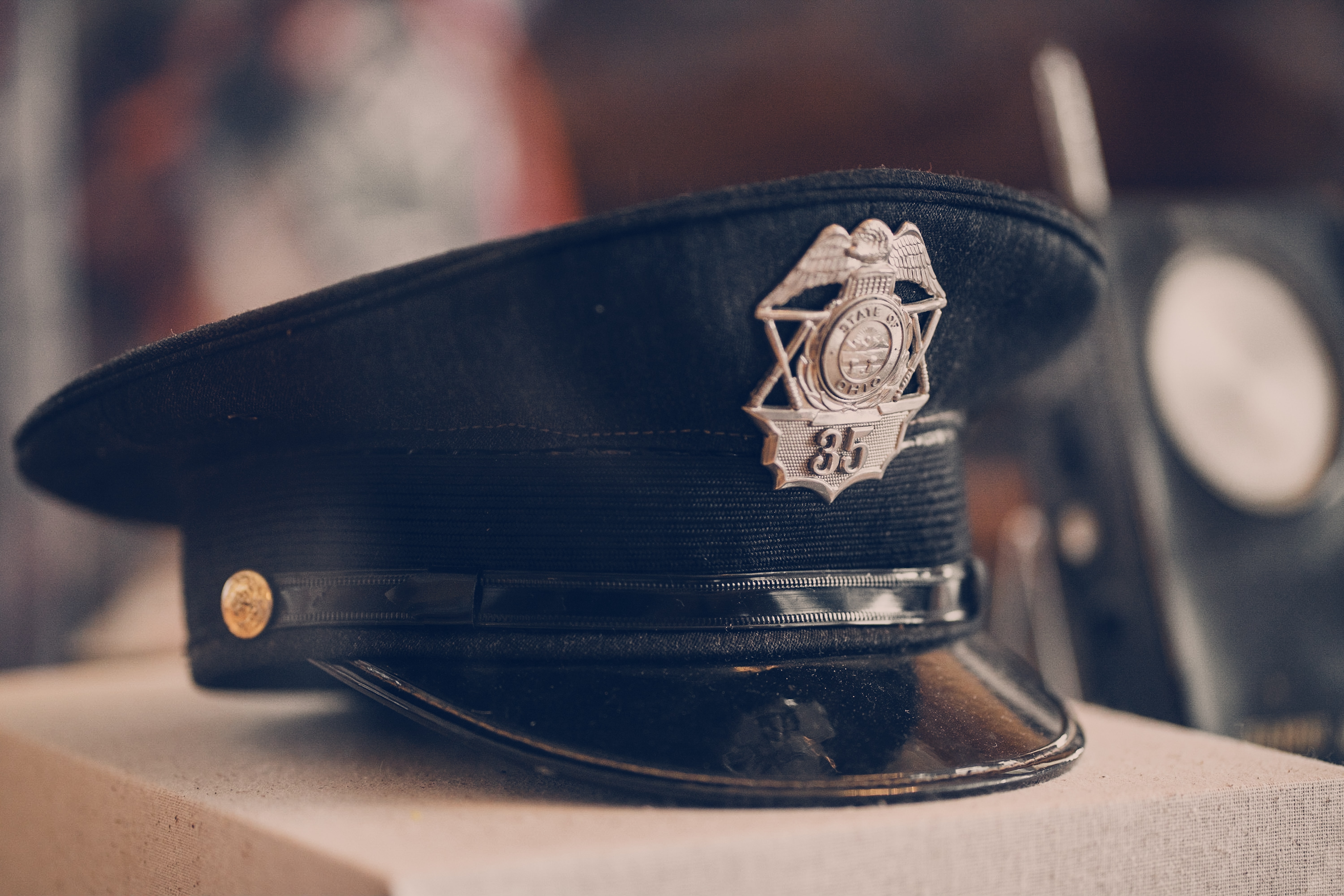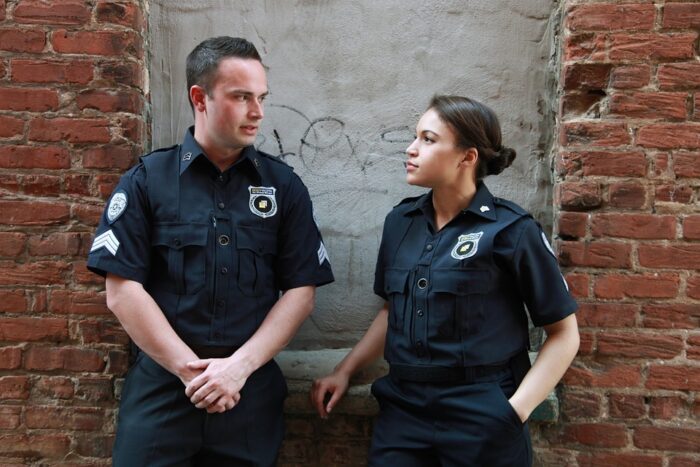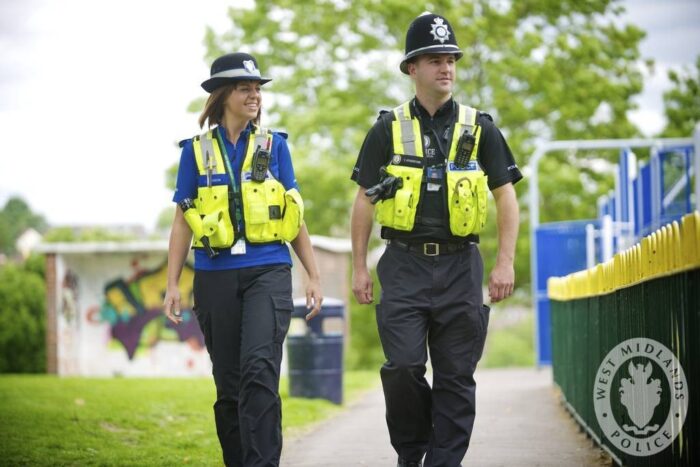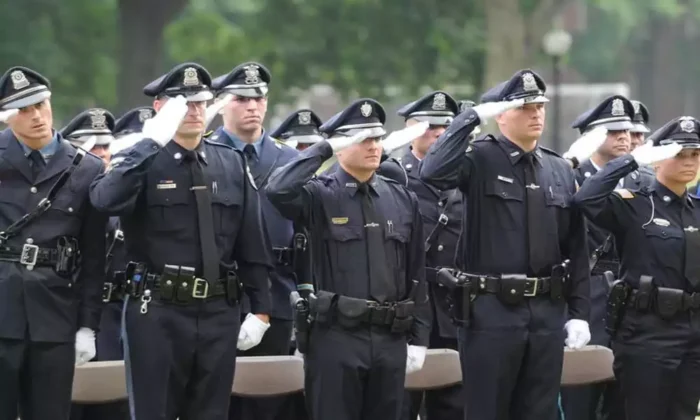
It’s the answer many of use gave when we were kids. ‘I want to be a police officer when I grow up’. But for some of us, that childhood dream stuck in our minds.
If that’s you, read the following for some handy insight into this unique career choice. Did you consider the importance of joining a police association? Are you prepared for the rigorous testing and long recruitment process?
Rather get all the facts so you’re mentally prepared for what’s to come.
How to Become a Police Officer
Having a realistic expectation of what’s in store can improve an experience considerably. You won’t be shocked by what’s expected of you and long waiting periods won’t make you doubt your career choice.
Processes do differ from state to state but in many cases, a recruitment process to become a police officer can take as long as nine or even 12 months. When you’ve applied to become an officer, the following may take place in that time:
- Some of the time is used to do background checks on applicants, including your medical history.
- Entrance exams are written.
- There will be a fitness test to ensure you’re able to cope with the physical aspects of performing your tasks.
- You need to pass a psychological assessment.
- You need to see a selection panel regarding topics like effective communication and your views on working relationships.
When you are selected, you’ll be notified when you need to join a squad to train. There are new applicants all the time and the best ones are invited for training.
Training can take more or less 30 weeks before you even get on the job learning experiences. Although you will be an official police officer after training and graduating, there’s also a probation period you’ll need to see through.
Good news is that in most cases you’ll get paid during your weeks of training.
Are There Any Requirements to Become a Police Officer?

Most of what you’ll need to know you’ll learn during your training as a police officer. For many of the situations it will be common sense guiding you in decision making, so you don’t have to worry too much if you have no prior education.
Physical and Personal Requirements—What Does the Job Require of You?
However, something you do need to be honest about is your physical fitness. The job can be strenuous, and you need to keep up! Even once you’re officially an officer you’ll do fitness tests from time to time to ensure you’re on par.
Some requirements to consider, so you know if you’re eligible to apply:
- You can apply if you wear glasses, but check with your state what the minimum standard is. This may be 6/36 visual acuity in your weakest eye and 6/18 in the other.
- Applicants must be Australian citizens or have permanent residency.
- Depending on the policy body you’re applying to, there may be guidelines about which tattoos are permitted.
- For anyone younger than 21 there may be requirements about ATAR but for older applicants there are often no prerequisites. Still, additional qualifications can set your application apart from the rest.
- You must have a driver’s licence.
You also need to consider if the role fits your personality. If integrity, commitment and fairness are part of your personal value system, you’re likely to fit in well with the culture in most police groups around the country.
The Day to Day—What Will You Really Do?

The exciting thing about making the police your career, is that there are so many different tasks to get involved in. You may discover one that aligns perfectly with your personality and passion. The options include but aren’t limited to:
- Road policing
- Investigating crashes
- Working with sexual assault cases
- Cases where family violence is a factor
- Keeping the community safe
- Managing disasters
- Fraud
- Drugs
- Organised crime
Perhaps you already have some skills or training in the following areas. You could make this your role as part of your police work:
- Human resources
- Supporting on an administrative level
- Engaging with the public
- Managing media
- Finance and accounting
- Logistics
You can see there are many different ways to serve the people of Australia through the police force.
Tips to Make the Most of Your Career
As with any career, there will be challenges. Some tips to keep your journey as a police officer as enjoyable as possible:
- Find out about and join a police association. While you fight for the community’s safety, such a group will fight for your rights.
- Discuss further education with your seniors. Keep developing your skills so you can further your career.
- Accept that all cases won’t always go the way you wish them to. For example, you may not agree with the outcome once someone is prosecuted. Learn NOT to take this personally.
In Summary

Are you taking on the honourable task of fighting for justice in Australia? It’s a great but challenging task! Talk to others already in the job so you know what to expect. Good luck!














